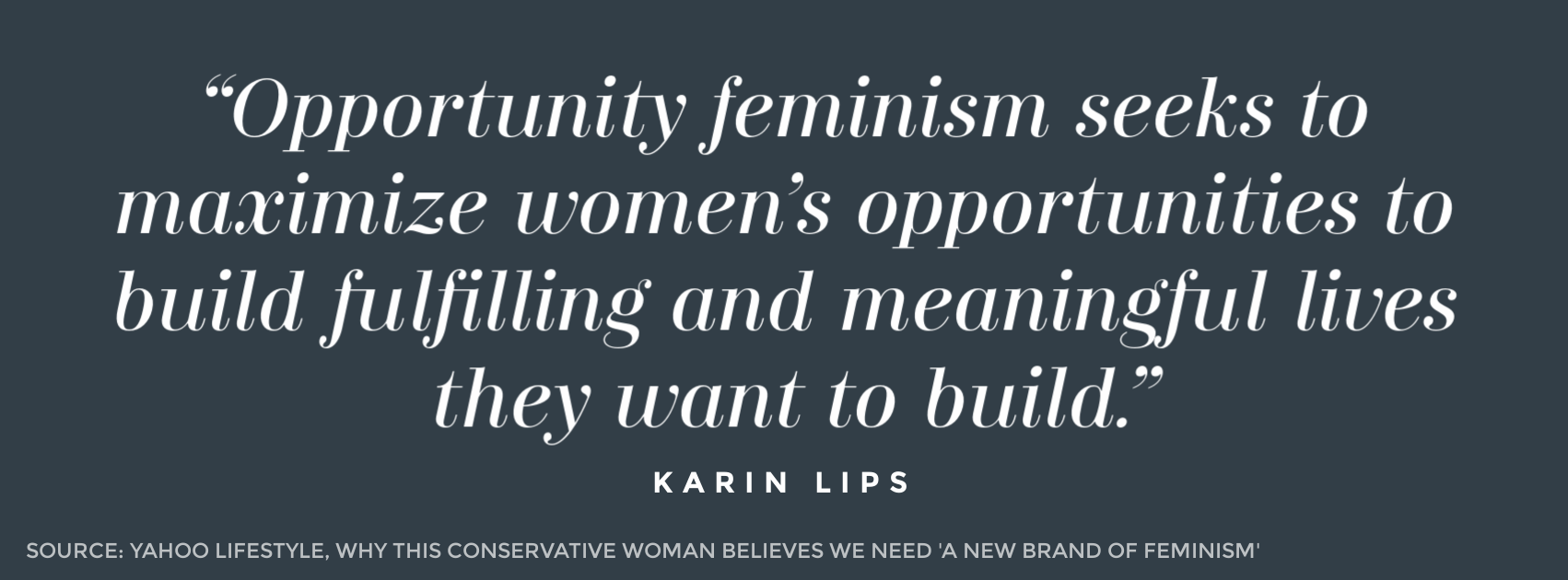Should companies offer egg-freezing benefits to attract women?
This article originally appeared in the Washington Times.
Apple and Facebook are now offering a new perk for employees—not a closer parking spot, better food in the cafeteria, or a few more vacation days.
These employers will pay for employees to freeze their eggs. This is not a cheap endeavor. The benefit includes costs up to $20,000. According to NBC News, these are the first major employers to offer this benefit for non-medical reasons.
Apple and Facebook are private companies offering a financially generous incentive to assist women at the workplace. This isn’t a government program.
Despite talk of the need for government intervention in industries in which there are more men than women, the government doesn’t have to mandate that employers adopt policies to attract women. Employers are already doing so.
There are undoubtedly fewer women at some of the tech giants. In May, another tech company, Google, released employee data, showing that only 30 percent of its 46,170 employees worldwide are women and women only make up 21 percent of leadership. With the release, the company included this message, “We’re not where we want to be when it comes to diversity.”
But this doesn’t mean government intervention is needed.
Google’s release of data on its own and new benefits like freezing eggs provided by tech companies show that companies are trying to figure out how to attract and retain more women employees.
The Left continues to promote the idea that more government regulations are needed. The White House established the White House Council on Women and Girls in 2009 “to ensure that each of the agencies in which they’re charged takes into account the needs of women and girls in the policies they draft, the programs they create, the legislation they support.” Each legislative session seems to bring new legislative proposals for regulations on business related to women.
These companies are going above and beyond what the government mandates.
This new benefit might work to keep more women in the workforce—it might not. These companies are now providing a new benefit to help women postpone their childbearing years and stay in the workforce. Yes, this will allow more women to “lean in” at work, as Facebook COO Sheryl Sandberg wrote about in her book, “Lean In: Women, Work and the Will to Lead.”
But there is something troubling about this. For example, Christy Jones, founder of Extend Fertility, a company in the egg freezing business, is quoted in the NBC article as saying this benefit, “can help women be more productive human beings.”
There is more to life than being productive human beings. Dropping out of the workforce to raise children is (and should be) a perfectly respectable choice.
Companies should make sure that their policies support all employees, male and female, who want to stay in the workforce. We must remember, however, that freezing eggs doesn’t provide a quick fix cure to all fertility issues. Rather than trying to keep women from dropping out of the workforce, another approach is to adopt policies making it easier for women to re-join the workforce.
Apple and Facebook aren’t the only companies offering creative ways to attract women employees. Morgan Stanley launched a Return to Work program this year offering participants a 12-week paid internship working with people across the firm (and the chance at a job offer).
Most women with children don’t want to work full-time. According to a Pew study, only 37 percent of today’s working moms and 22 percent of non-working moms prefer full time work. If women with children don’t prefer to work full-time, then putting off kids might keep them in the workforce and be good for companies, but is it good for them?
The new benefit offered by Apple and Facebook seeks to retain women employees by delaying childbirth. Another approach is to provide more re-entry points, allowing women to delay some promotions, instead of children.



